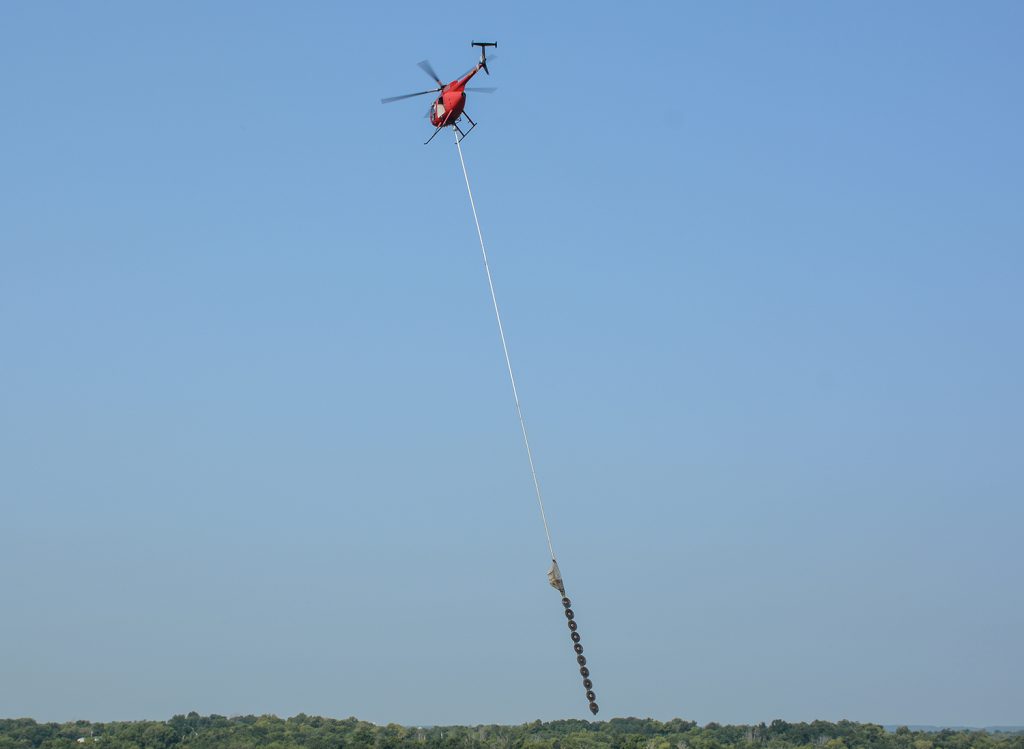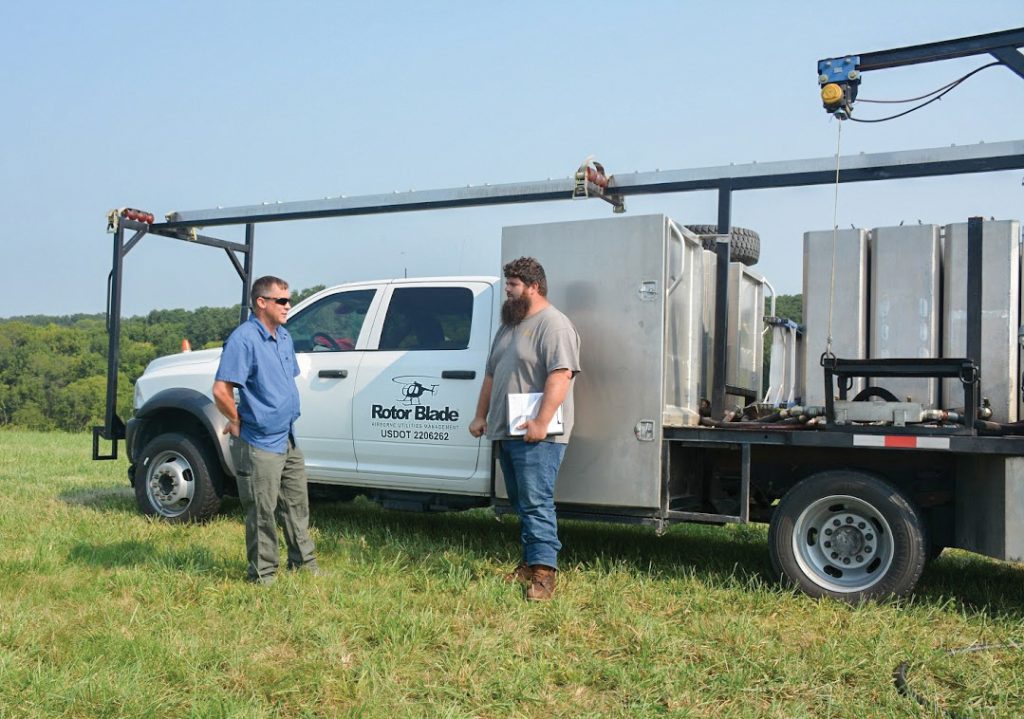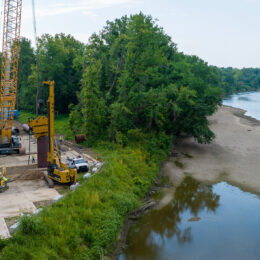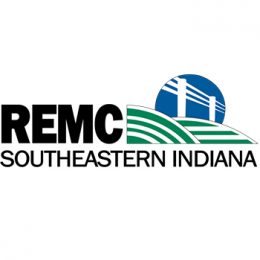
One of the best things about our community is the natural beauty that surrounds us. We are fortunate to have so many trees that offer beauty, shade and a habitat for all sorts of birds and other wildlife. We know that you appreciate our community for many of the same reasons.
At Southeastern Indiana REMC, we strive to balance maintaining beautiful surroundings and ensuring a reliable power supply by keeping power lines clear in rights-of-way (ROW).
While we recognize and appreciate the beauty of trees, there are three main benefits to tree trimming in ROW areas. However, before touching on the main reasons, an explanation of what a “right-of-way” is and how it may impact you might be helpful. A right-of-way is the land we use to construct, maintain, replace or repair underground and overhead power lines. Rights-of-way enable the co-op to provide clearance from trees and other obstructions that could hinder the power line installation, maintenance or operation. ROW areas are typically on public lands or located near a business or home. Regardless, Southeastern Indiana REMC must be able to maintain the power lines above and below the ROW. The overall goal of our vegetation management program is to provide reliable power to our members while maintaining the beauty of our community. Proactive vegetation management benefits co-op members in three tangible ways.

Safety
First and foremost, we care about our members and put their safety and that of our lineworkers above all else. Overgrown vegetation and trees pose a risk to power lines. For example, if trees are touching power lines in our members’ yards, they can pose grave danger to families. If children can access those trees, they can potentially climb into a danger zone. Electricity can arc, or jump, from a power line to a nearby conductor like a tree. A proactive approach also diminishes the chances of fallen branches or trees during severe weather events that make it more complicated and dangerous for lineworkers to restore power.
Reliability
Of course, one of the biggest benefits of a smart vegetation management program is reliability. Strategic tree trimming reduces the frequency of downed lines causing power outages. Generally speaking, healthy trees don’t fall on power lines, and clear lines don’t cause problems. Proactive trimming and pruning keeps lines clear to promote reliability.
We also use data and the technology to maximize the efficiency of our operation. This includes our vegetation management plan.
Affordability
As you know, Southeastern Indiana REMC is a not-for-profit cooperative, and that means we strive to keep our costs in check to keep our rates affordable. This extends to our approach to vegetation management.
If trees grow too close to power lines, the potential for expensive repairs also increases. Effective tree trimming and other vegetation management efforts keep costs down for everyone.



